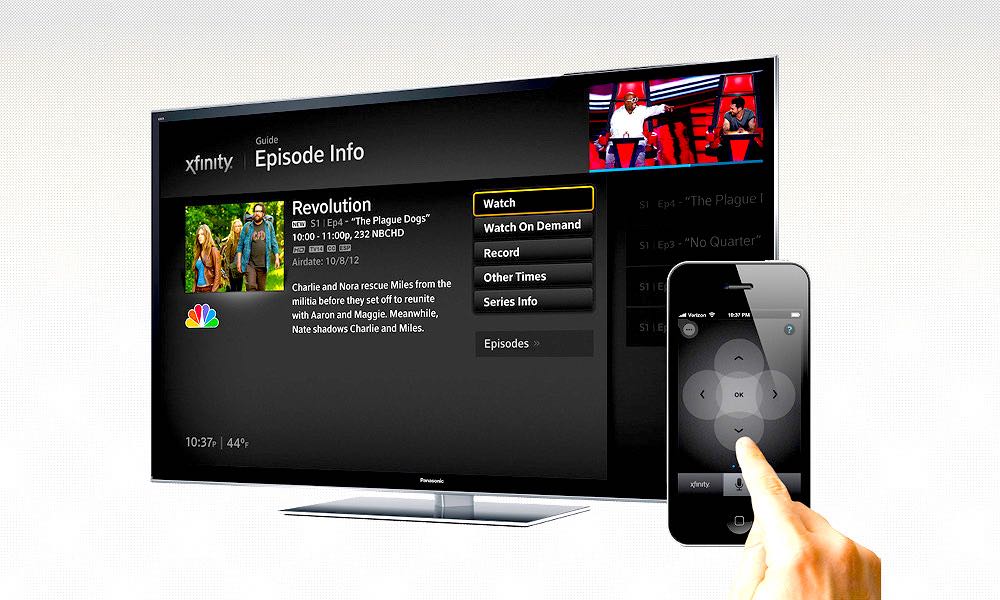Comcast Knowingly Charged Customers for Unwanted Products, Fined $2.3 Million

Toggle Dark Mode
The FCC has fined Comcast $2.3 million for charging its customers for services and equipment that they never ordered. The fee levied against the cable operator represents the largest civil penalty ever issued by the FCC.
In addition to the fine, Comcast has agreed to adhere to a “compliance plan,” in which federal regulators will monitor the company over the next five years to ensure that it doesn’t overcharge customers. In plain terms, Comcast will be on thin ice for its questionable billing practices for the foreseeable future.
The plan further stipulates that Comcast obtain “affirmative informed consent” before adding charges to customers’ bills. Comcast must also send special notifications to customers whenever such charges are added and give them a way to easily block products and services they don’t want.
“It is basic that a cable bill should include charges only for services and equipment ordered by the customer — nothing more and nothing less,” Travis LeBlanc, chief of the FCC’s Enforcement Bureau, said in a statement that almost doesn’t bear mentioning.
Comcast is on the hook for adopting an underhanded practice known as “negative option billing,” which places the burden on customers to actively decline or refuse certain services or products, or otherwise be charged for them.
The FCC reportedly received over 1,000 complaints from customers who were charged for premium channels, cable boxes, DVRs, and other products they never bought. In numerous instances, the FCC found that customers who explicitly declined the additions were charged anyway.
Comcast has agreed to pay the fine and compensate complainants, though it has refrained from admitting to any intentional wrongdoing. Instead, the cable operator has attributed the inflated bills to “isolated errors or customer confusion,” all but suggesting that part of the blame lies with its customers for failing to read the fine print carefully.






